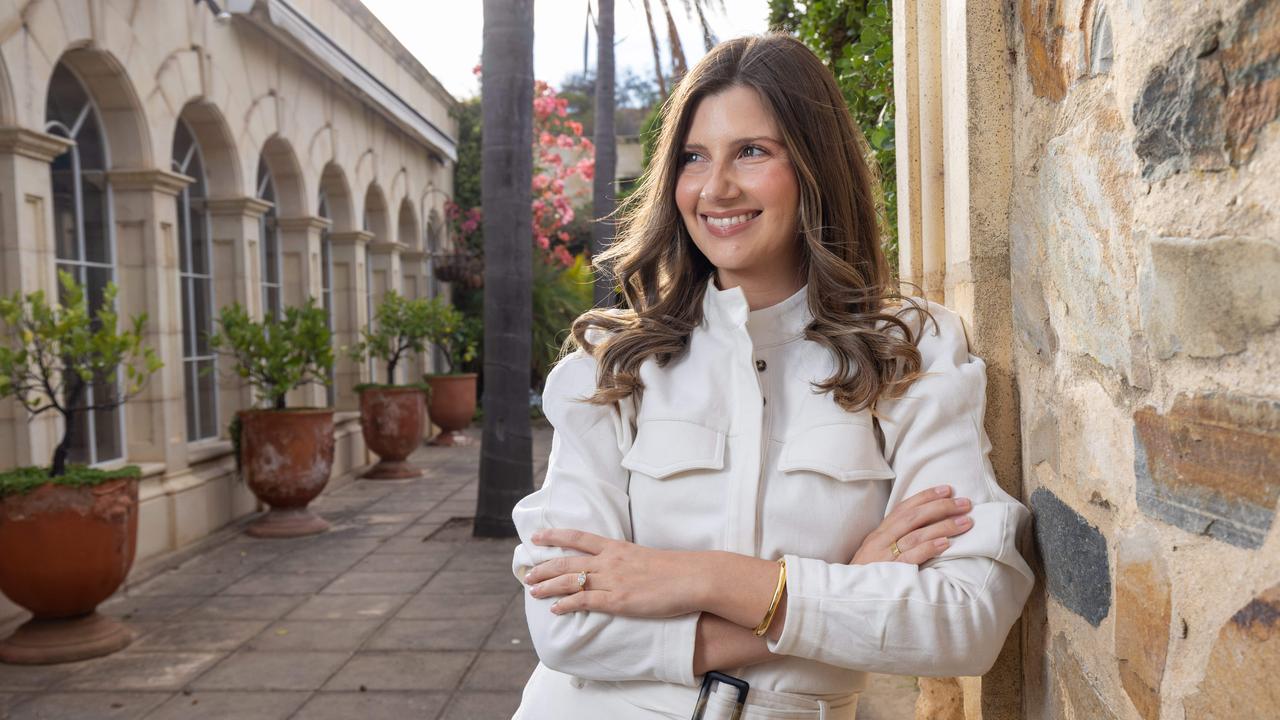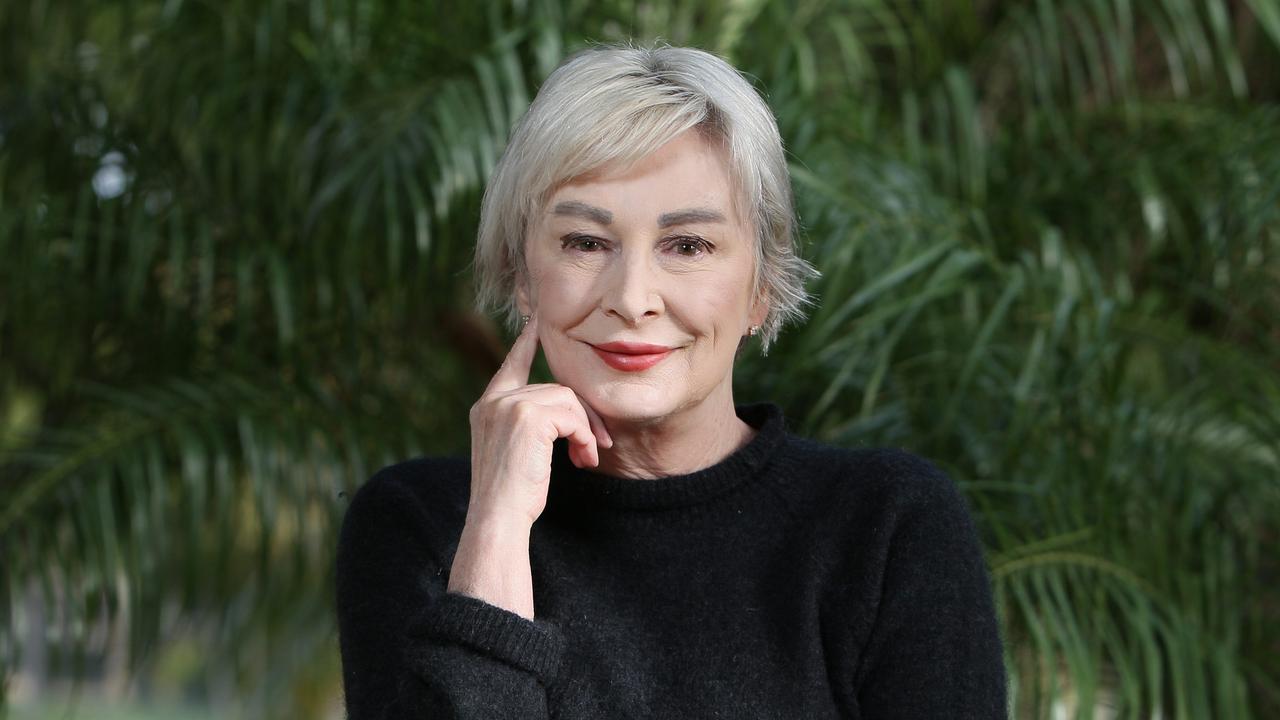David Speirs says GP payroll tax Liberal health plan if elected in 2026
Liberal leader David Speirs has revealed how his party would solve SA’s health crisis, seizing on a controversial GP tax and the latest shameful ramping figures.
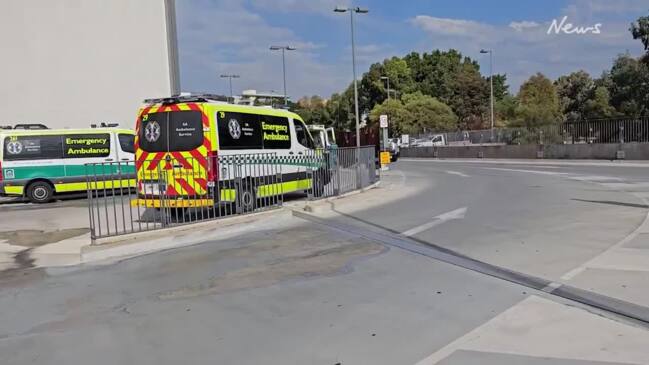
SA News
Don't miss out on the headlines from SA News. Followed categories will be added to My News.
Regional SA would have its own designated health minister to improve service delivery and reduce hospital ramping rates under a Liberal government should it wrestle power from Peter Malinauskas’ Labor.
Embattled Opposition Leader David Speirs revealed his government, if it won the 2026 election, would create a regional health minister, scrap the GP payroll tax, and invest heavily in mental health services across the state.
Mr Speirs, who on Sunday slammed the state’s GP payroll tax as a significant barrier for people accessing preventive healthcare in South Australia, said a Liberal government would fill the mental health funding black hole as part of its health agenda.
But he made no promise to stop or end ambulance ramping which in July hit a record 5539 hours which coincided with the first month of the GP payroll tax.
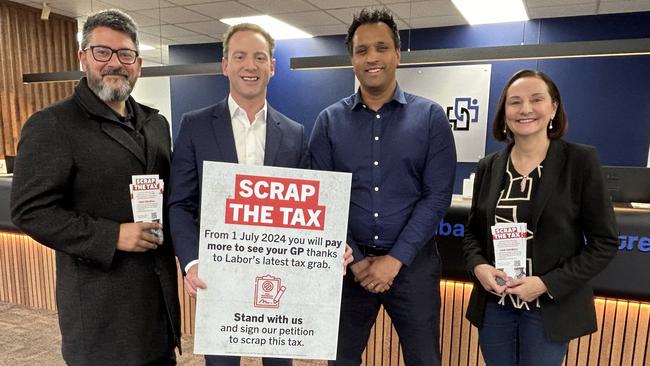
“We would invest significantly in the mental health system, we have got great concern that the mental health system is contributing significantly to ramping,” he said.
“We speak to paramedics who are needlessly transporting mental health patients to the hospital ramp, to the ED, every single day because there is just nowhere else to take them.
“We would seek to fund the unmet funding hole in the mental health system.”
Mr Speirs said there was a $120m shortfall in mental health funding, and his government would “build up the role of the GP”.
“We will work with the federal government to improve conditions and resources for our GPs, both in metropolitan Adelaide but obviously there are other challenges in regional South Australia as well.
“I would have a stand-alone regional minister for health, so a minister for regional health services, because we believe you need a different model for the regions,” he said.
“You need increased investment and you need a different approach to serve the regions properly.”
Mr Speirs said he would also make “major changes” to the way SA Health was being managed, “starting with the chief executive”.
Arkaba Medical Central GP Dr Vikas Jasoria said he had had to increase fees at the clinic to cover the GP payroll tax which came into effect on July 1.
“As a result of that, we have had comments from our patients about fees and how the cost of living crisis is impacting them on a day-to-day basis, and how they are going to struggle to pay the fee to come and see us at the clinic,” he said.
Partridge GP Dr Nick Tellis said attendance at one of their clinics was down.
“I think people are having to be very much more thoughtful about whether they come to see the GP or not,” he said.
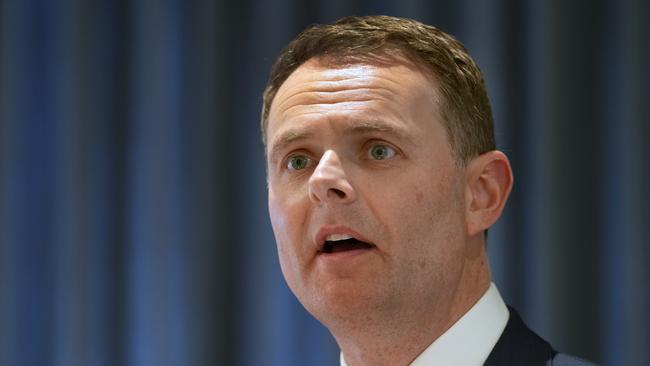
“If that occurs, more people are going to present at emergency departments.
“We certainly see that in the communications we get back from the hospital that there are a lot of people going to emergency that we could have dealt with efficiently in general practice for far less money as a whole, because emergency department visits cost four figures, an ambulance trip costs four figures.
“GP visits do not cost four figures.
“I think Australia’s health system is the envy of the world and general practice is a big part of that.
“Any dollar that goes into general practice is a fantastic spend and delivers fantastic benefits to the Australian community.”
State Treasurer Stephen Mullighan said “many” GP practices were “well below” the payroll tax-free threshold of $1.5m following the bulk-billing dedication.
“Federal government data shows three quarters of all GP consultations are bulk billed, so the vast majority of GP consultations benefit from the cut,” he said.
“This ensures there is no further pressure on emergency departments.
“Our hospital system is under extreme pressure from years of under-investment by successive governments.”




